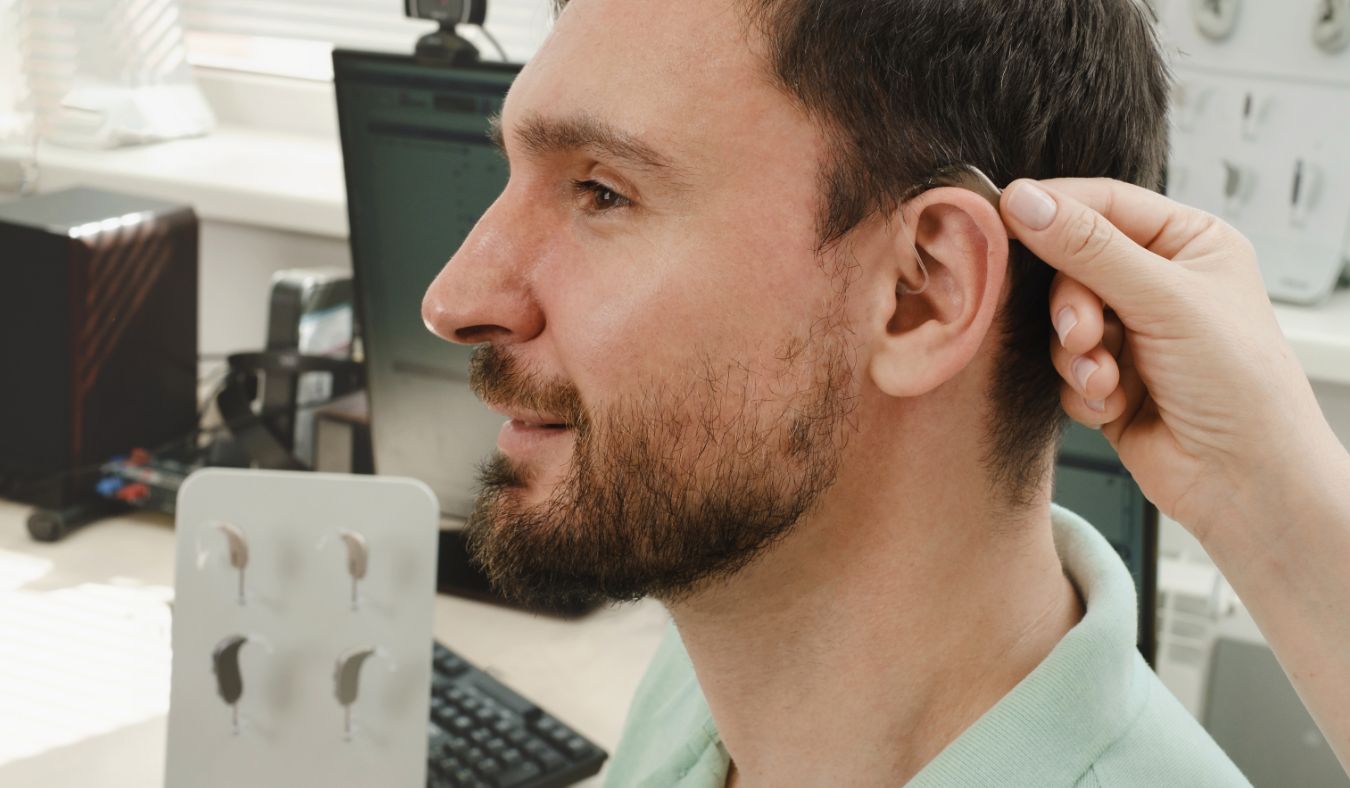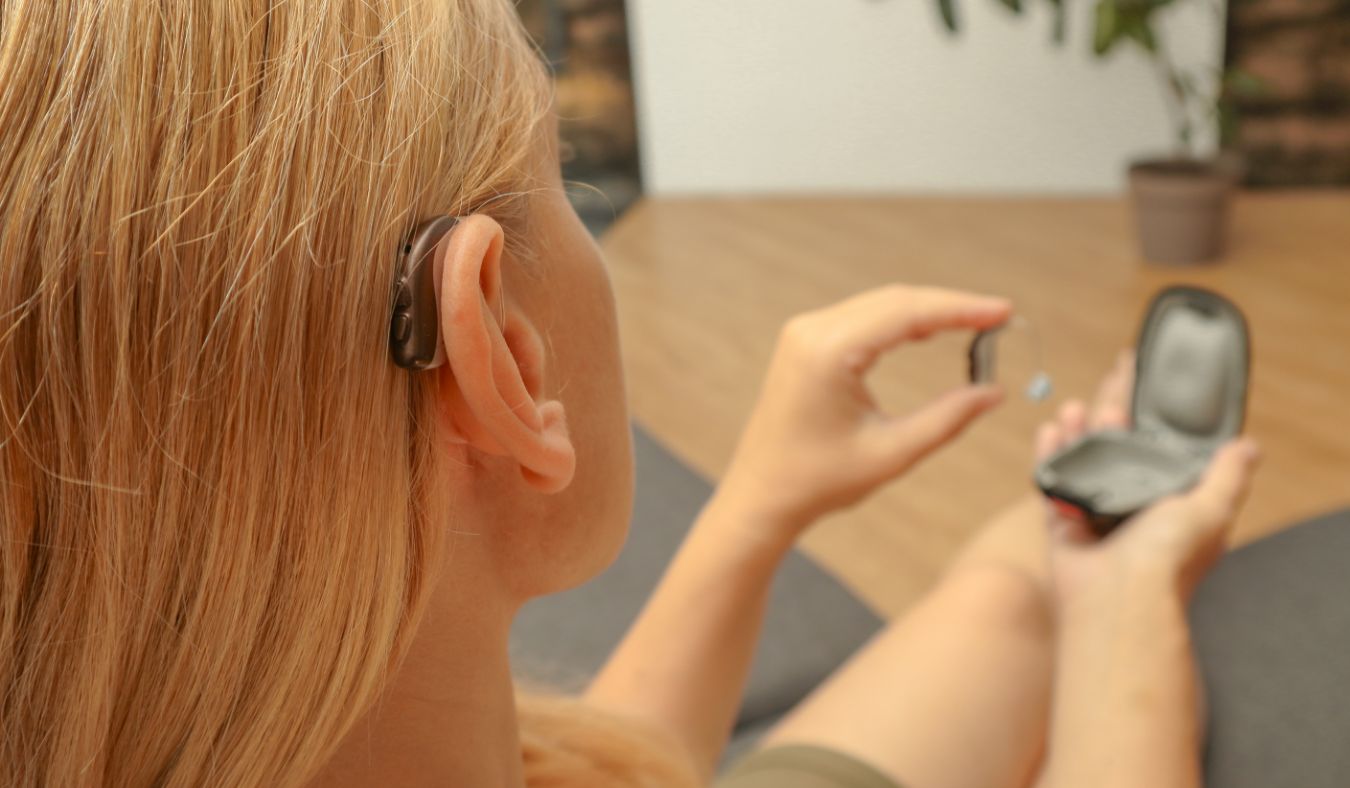Tips for Using Hearing Aids During Winter Sports
Winter brings its own set of challenges when you wear hearing aids. From


Winter brings its own set of challenges when you wear hearing aids. From

You’ve taken the important step of getting hearing aids – a

Hearing aids do more than amplify sound. They are advanced pieces of